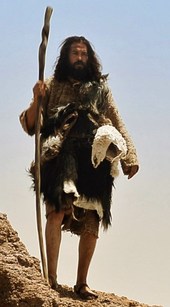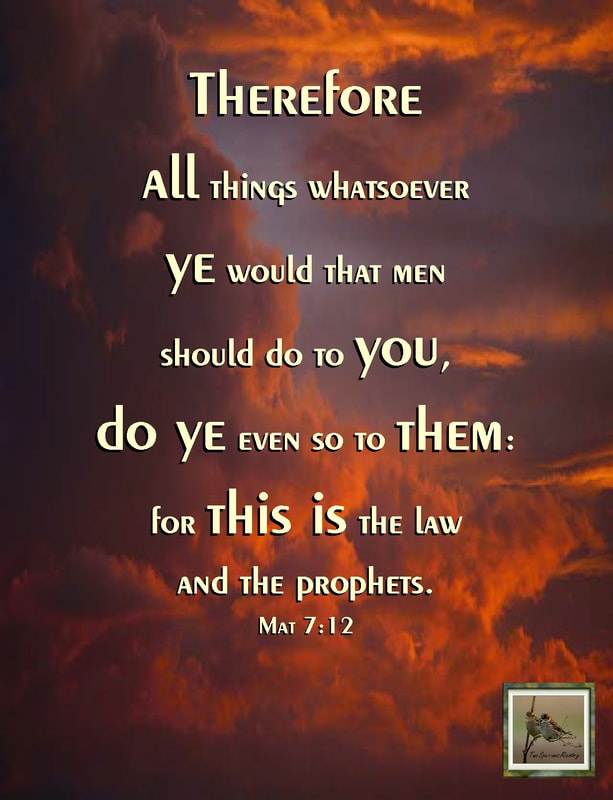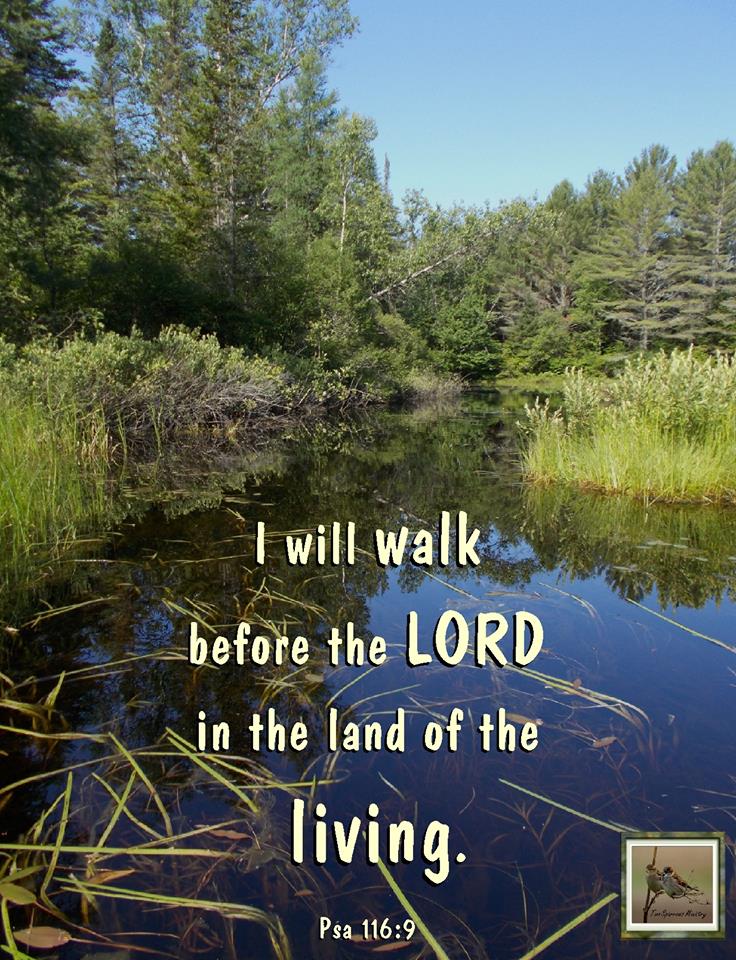
He was the "forerunner of our Lord." He was of priestly descent. His father, Zacharias, was a priest of the course of Abia (1Chron 24:10), and his mother, Elisabeth, was of the daughters of Aaron (Luke 1:5). The mission of John was the subject of prophecy (Mat. 3:3; Is 40:3; Malachi 3:1). His birth, which took place six months before that of Jesus, was foretold by an angel. Zacharias, deprived of the power of speech as a token of God's truth and a reproof of his own incredulity with reference to the birth of his son, had the power of speech restored to him on the occasion of his circumcision (Luke 1:64). After this no more is recorded of him for thirty years than what is mentioned in Luke 1:80. John was a Nazarite from his birth (Luke 1:15; Numbers 6:1-12). He spent his early years in the mountainous tract of Judah lying between Jerusalem and the Dead Sea(Mat 3:1-12).
He came to be a witness:
Joh 1:6-8 There was a man sent from God, whose name was John. The same came for a witness, to bear witness of the Light, that all men through him might believe. He was not that Light, but was sent to bear witness of that Light.
No one of the old prophets is so frequently referred to in the New Testament. The priests and Levites said to the Baptist (John 1:25), "Why baptizest thou, if thou be not that Christ, nor Elias?" Paul (Romans 11:2) refers to an incident in his history to illustrate his argument that God had not cast away his people. (James 5:17) finds in him an illustration of the power of prayer. (See also Luke 4:25; 9:54) He was a type of John the Baptist in the sternness and power of his reproofs (Luke 9:8). He was the Elijah that "must first come" (Matt 11:11,14). Even outwardly the Baptist corresponded so closely to the earlier prophet that he might be styled a second Elijah. In him we see "the same connection with a wild and wilderness country; the same long retirement in the desert; the same sudden, startling entrance on his work (1Kings 17:1; Luke 3:2); even the same dress, a hairy garment, and a leathern girdle about the loins (2Kings 1:8; Matt 3:4)." His entire being was a witness against the hypocricy and corruption of the Pharisees and Sadusees of his day.
John's baptism was the voice of God to Israel, and the believing remnant responded (Matt 3:5). It was an act of righteousness on the part of Him who had become, as to the flesh, an Israelite, to take His place with this believing remnant.
His greatest mission was to usher in the One, whom he said he was not worthy to loose his shoe lachets.
Joh 1:26-27 John answered them, saying, I baptize with water: but there standeth one among you, whom ye know not; He it is, who coming after me is preferred before me, whose shoe's latchet I am not worthy to unloose.
Jesus was now to receive His anointing with the Holy Spirit (Matt 3:16) to enter His threefold office of Prophet, Priest, and King. In the Levitical order Ex 29:4-7, the high priest was first washed, then anointed. While Christ's priestly work did not begin till He "offered Himself without spot to God" Heb 9:14 and His full manifestation as the King- Priest after the order of Melchizedek awaits the kingdom (See Scofield "Genesis 14:18") yet He was then anointed, once and for all.
However, John made enemies because of his burning exhortations:
Lu 3:18-20 And many other things in his exhortation preached he unto the people. But Herod the tetrarch, being reproved by him for Herodias his brother Philip's wife, and for all the evils which Herod had done, Added yet this above all, that he shut up John in prison.
It is an interesting point here that when John sent messangers to question Jesus if he indeed was the "One who was to come"; Jesus answered him this way:
Lu 7:19-23 And John calling unto him two of his disciples sent them to Jesus, saying, Art thou he that should come? or look we for another? When the men were come unto him, they said, John Baptist hath sent us unto thee, saying, Art thou he that should come? or look we for another? And in that same hour he cured many of their infirmities and plagues, and of evil spirits; and unto many that were blind he gave sight.Then Jesus answering said unto them, Go your way, and tell John what things ye have seen and heard; how that the blind see, the lame walk, the lepers are cleansed, the deaf hear, the dead are raised, to the poor the gospel is preached. And blessed is he, whosoever shall not be offended in me.
Notice that:
1. John did not ask Jesus to help get him out of prison, and Jesus did not attempt to get him released.
2. Jesus never attempted to go and see him, he continued on in his own ministry.
3. Jesus did not upbraid or rebuke John for his question.
Herod had John beheaded in prison; as he promised Herodias' daughter before she danced for him, because he feared the people.
Mr 6:21-29 And when a convenient day was come, that Herod on his birthday made a supper to his lords, high captains, and chief estates of Galilee; And when the daughter of the said Herodias came in, and danced, and pleased Herod and them that sat with him, the king said unto the damsel, Ask of me whatsoever thou wilt, and I will give it thee. And he sware unto her, Whatsoever thou shalt ask of me, I will give it thee, unto the half of my kingdom. And she went forth, and said unto her mother, What shall I ask? And she said, The head of John the Baptist. And she came in straightway with haste unto the king, and asked, saying, I will that thou give me by and by in a charger the head of John the Baptist. And the king was exceeding sorry; yet for his oath's sake, and for their sakes which sat with him, he would not reject her. And immediately the king sent an executioner, and commanded his head to be brought: and he went and beheaded him in the prison, And brought his head in a charger, and gave it to the damsel: and the damsel gave it to her mother. And when his disciples heard of it, they came and took up his corpse, and laid it in a tomb.
Their plots and schemes suceeded in getting rid of this wearisome troublemaker; with his ranitngs and reproof's.
What was Jesus' assessment of John? He proclaims it to us in Mat. ch. 11:
Mt 11:1-15 And it came to pass, when Jesus had made an end of commanding his twelve disciples, he departed thence to teach and to preach in their cities. Now when John had heard in the prison the works of Christ, he sent two of his disciples, And said unto him, Art thou he that should come, or do we look for another? Jesus answered and said unto them, Go and show John again those things which ye do hear and see: The blind receive their sight, and the lame walk, the lepers are cleansed, and the deaf hear, the dead are raised up, and the poor have the gospel preached to them. And blessed is he, whosoever shall not be offended in me. And as they departed, Jesus began to say unto the multitudes concerning John, What went ye out into the wilderness to see? A reed shaken with the wind? But what went ye out for to see? A man clothed in soft raiment? behold, they that wear soft clothing are in kings' houses. But what went ye out for to see? A prophet? yea, I say unto you, and more than a prophet. For this is he, of whom it is written, Behold, I send my messenger before thy face, which shall prepare thy way before thee. Verily I say unto you, Among them that are born of women there hath not risen a greater than John the Baptist: notwithstanding he that is least in the kingdom of heaven is greater than he. And from the days of John the Baptist until now the kingdom of heaven suffereth violence, and the violent take it by force. For all the prophets and the law prophesied until John. And if ye will receive it, this is Elias, which was for to come. He that hath ears to hear, let him hear.
Questions to ponder:
1. If John were sent to the world today, would he be received any better than he was then?
2. What do you think the church culture would think of him today?
3. What does his life tell us of our own witness for Christ.?
Lorna Couillard








